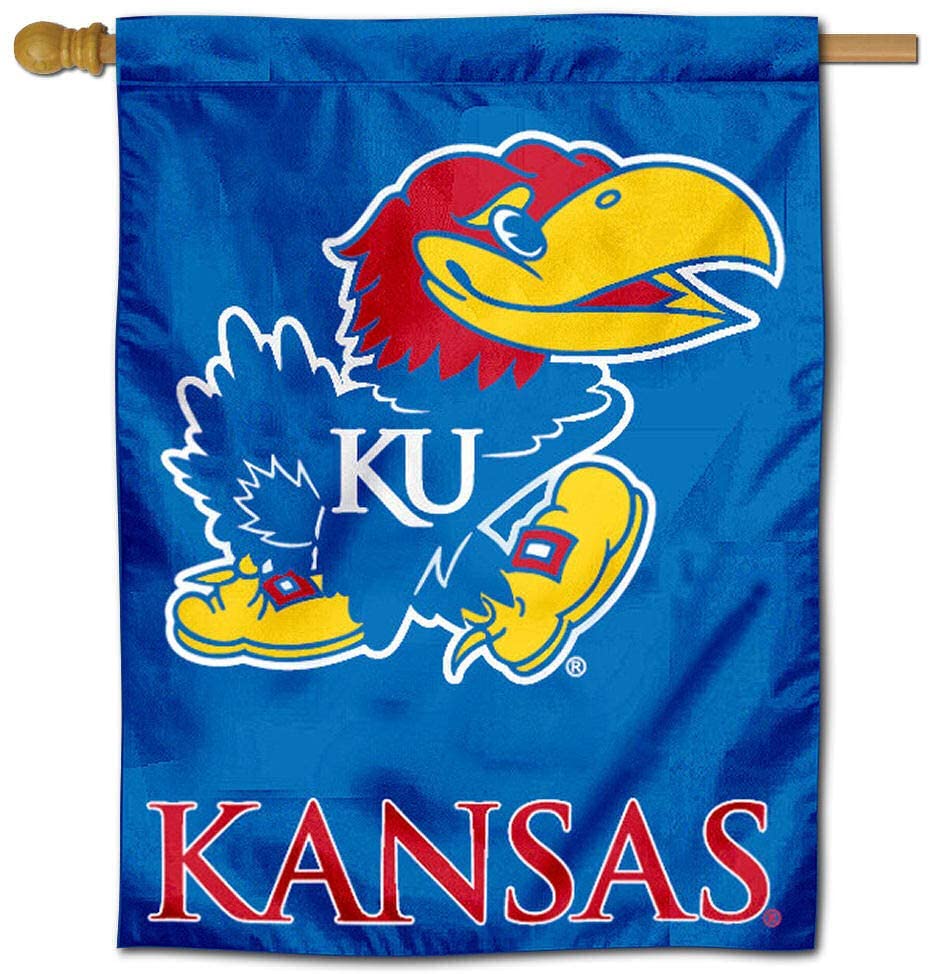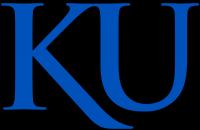Bachelor of Science in General Civil Engineering
Students may identify broad concentrations in either General Civil Engineering or Environmental Engineering. Within these two emphases, students may choose electives to permit additional exposure to selected areas of civil or environmental engineering design, such as transportation, structural, geotechnical, environmental, and water resources engineering. In environmental engineering, electives may be selected to focus on water quality and treatment, bioremediation, solid and hazardous wastes, air quality, and air pollution control.
Civil engineering, the oldest and broadest of the divisions of engineering, implements a range of public and private projects for improving society’s physical infrastructure and the environment. The civil engineer integrates scientific principles with engineering experience to plan, design, and construct networks of highways and railroads, airports, bridges and dams, environmental pollution control systems, industrial structures, water purification and distribution systems, and urban transportation systems that maintain, protect, and enhance the quality of life. Civil engineers are trained to consider the social effects as well as the physical and environmental factors that constrain the planning, design, construction, and operation of their projects. Environmental engineering, a technical specialization with its origins in civil engineering, is a growing discipline dedicated to the protection of the environment.
The undergraduate program gives students the theoretical background, instruction in engineering application of scientific principles, and professional attitude to serve the public. It typically leads to entry-level positions or to graduate work in technical specialties (e.g., environmental, geotechnical, structural, and transportation), business administration, or other professions.
Courses that address the behavior and design of steel and reinforced concrete structures, environmental pollution, control systems, water resources systems, foundations, and surface transportation systems are integrated into the curriculum, culminating in a series of senior-level professional design courses. These simulate the design processes used in the major areas of civil engineering and prepare students for entry-level positions. Most faculty members are licensed professional engineers. KU graduates have successful records in professional practice, research in academic institutions, government and private laboratories, and in managing firms and corporations of all sizes.
Intakes
- Jan
- May
- Aug
Application Processing Time in Days: 20
Minimum English Language Requirements
| English Level Description | IELTS (1.0 -9.0) | TOEFL IBT (0-120) | TOEFL CBT (0-300) | PTE (10-90) | |
|---|---|---|---|---|---|
| Expert | 9 | 120 | 297-300 | 86-90 | |
| Very Good | 8.5 | 115-119 | 280-293 | 83-86 | |
| Very Good | 8 | 110-114 | 270-280 | 79-83 | |
| Good | 7.5 | 102-109 | 253-267 | 73-79 | |
| Good | 7 | 94-101 | 240-253 | 65-73 | |
| Competent | 6.5 | 79-93 | 213-233 | 58-65 | |
| Competent | 6 | 60-78 | 170-210 | 50-58 | |
| Modest | 5.5 | 46-59 | 133-210 | 43-50 | |
| Modest | 5 | 35-45 | 107-133 | 36-43 | |
| Limited | 4 | 32-34 | 97-103 | 30-36 | |
| Extremely Limited | < 4 | < 31 | < 93 | < 30 |
Job Opportunity Potential
The Department of Geography and Atmospheric Science provides a variety of career resources to students and graduates, including networking events, internships, alumni insights, job postings, and much more. Additionally, the KU Career Center offers many resources on exploring career fields, career building, resume writing, mock interviews, job and internship fairs, and more.The Department of Geography and Atmospheric Science Professional Network provides information and connections with alumni and business professionals.
Geography
A major in geography may lead to a career in cartography, environmental analysis, GIS, physical geography, regional analysis, urban and regional planning, or to employment that requires some combination of geographic sub-fields. Explore the KU Career Center's resources for geography.
Atmospheric Science
A major in Atmospheric Science may lead to careers in weather forecasting, environmental consulting, and air pollution specialists. Explore the KU Career Center's resources for atmospheric science.
PSW Opportunity
3 Years PSW
Admission Requirement / Eligibility Criteria
First-year students are assured admission into KU’s College of Liberal Arts & Sciences or School of Social Welfare if they meet one of these combinations:
A 3.25 GPA on a 4.0 scale, no test scores required or regardless of test score submitted
An ACT score of at least 21 or an SAT score of at least 1060 plus a GPA of at least 2.0
Transfer students are assured admission with 24+ transferable credit hours at a GPA of 2.5 or higher from a regionally accredited community college, college, or university.
All students are encouraged to apply, as we individually review each application for these factors:
Cumulative high school GPA
ACT or SAT scores, if available
GPA in the core curriculum
Strength of courses
College transcripts, if sent
To be considered for admission to the School of Engineering, beginning first-year students must meet or exceed the following minimum standards:
Must be admissible to the University of Kansas by assured admissions or individual review AND
Have a 3.0+ GPA AND
Have a mathematics ACT score of 22 (or math SAT score of 540).
Important: Simply meeting these requirements won't guarantee admission to a School of Engineering degree program. Students who perform beyond these minimums will have a better probability of being admitted to their selected major.
Minimum Academic Standards for Direct Admission into Degree Program for incoming Freshmen
Students with a 26+ Math ACT (600+ Math SAT) or meet eligibility requirements for MATH 125 (Calculus I) may be admitted directly into their chosen major, with the exception of those seeking admission into an EECS program. Electrical Engineering, Computer Science, Computer Engineering, and Interdisciplinary Computing students must have a 28+ Math ACT (640+ Math SAT) or eligibility for MATH 125 for direct admission.
First-Year General Engineering Program
Students with a 22-25 Math ACT (540-580 Math SAT) or meet eligibility requirements for Math 104 (Pre-Calculus) are admitted to the School of Engineering First-Year Experience non-degree program for undergraduate students.
First-year Engineering students have one academic year (two semesters and one summer) to transition into a degree program. Admission to a degree program is possible after one of the following is met:
Complete 12+ credit hours at KU, earn a "B" or higher in Math 104 (Pre-Calculus), earn a "C" or higher in all science and engineering courses, and earn a KU GPA of 2.5+ OR
Earn a "C" or better in MATH 125 (Calculus I), earn a "C" or better in all science and engineering courses, and earn a KU GPA of 2.5+
- Course Type: Full Time
- Course Level: Bachelors/UG Degree
- Duration: 04 Year
-
Total Tuition Fee:
107840 USD
Annual Cost of Living: 14000 USD
Application Fee: 40 USD
Similar Programs
- Bachelor of Science in Information Technology at University of Kansas
- Bachelor of Science in Engineering Physics in Electromechanical Control Systems at University of Kansas
- Bachelor of Science in Engineering Physics in Digital Electronic Systems at University of Kansas
- Bachelor of Science in Engineering Physics in Chemical Systems at University of Kansas
- Bachelor of Science in Engineering Physics in Aerospace Systems at University of Kansas
- Bachelor of Science in Electrical Engineering at University of Kansas

